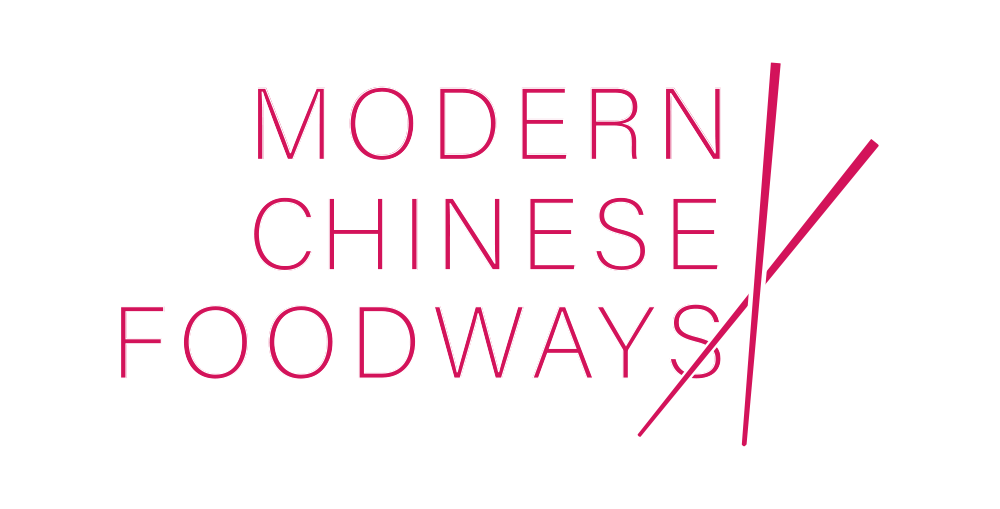ABSTRACT
The transformation of Chinese foodways was a central component of the political economy of socialist China (1950s-1970s), which aimed at rapidly expanding the means of production of the nation. Class 1, staple foods were crucial for the social reproduction of the working class, upon which austerity was imposed by the state in order to raise the reinvestment rate. Class 2, non-staple foods—such as tea, the focus of this paper—played a very different role: as an item of export or a luxury item to soak up excess cash in the economy. Tea was rationed, and tea consumption in China during the socialist period remained suppressed. Such class 2 foods were supposed to be produced by state-owned farms, and processing was industrialized to increase output. This paper investigates a state-owned tea farm in the northern Guizhou county of Meitan to look at the political economy of tea production and its industrialization. The Nationalists founded one of the first tea plantations and processing plants in Meitan in 1939. In the 1950s, county tea production was concentrated on the state-owned farm, reconstructed out of the earlier Nationalist farm, and it was only in the 1960s that many communes or brigades began producing tea, often to be processed by the state-owned processing factory. However, the political economy created within the institutional context that regulated tea production and distribution was unstable. Prices could not do what economic planners thought they should be able to do—regulate social production. Investments and state plans for production were misaligned. The industrialization of tea production in Meitan grew in fits and starts, relying on cheap inputs, especially in terms of labor and land. Nonetheless, the Meitan state-owned tea farm and factory set the stage for a later take off of county tea production, first in the 1970s and then later in the 2000s. Today the county is China biggest in terms of sown area in tea.
